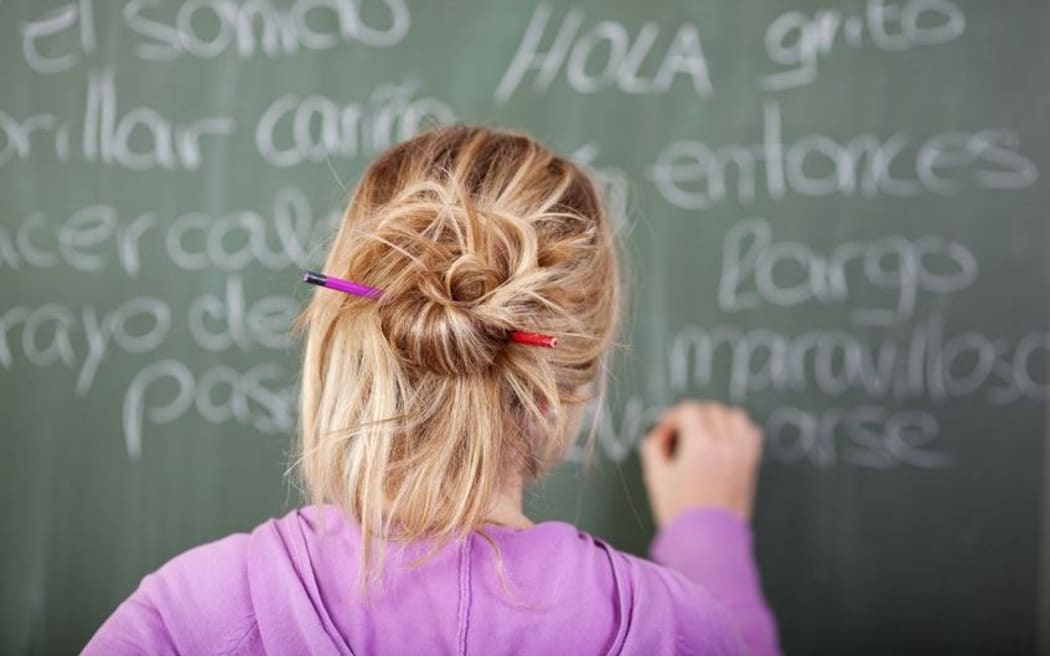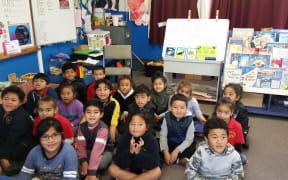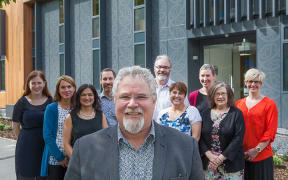There is a critical cut-off age for learning a language fluently, new research says.

Photo: 123RF
People remain highly skilled learners until 17 or 18, when ability tails off but, for example, learners of English should ideally start at age 10 to have an intrinsic knowledge of grammar.
The findings in the journal Cognition used an online grammar test taken by nearly 670,000 people of different ages and nationalities which was posted on Facebook to get enough people to take part.
Questions tested whether participants could determine whether a sentence written in English, such as: "Yesterday John wanted to won the race," was grammatically correct.
Users were asked their age, how long they had been learning English and in what setting - for instance, whether they had they moved to an English-speaking country.
About 246,000 of the people who took the test had grown up speaking only English, while the rest were bilingual or multilingual.
The most common native languages from the quiz-takers, excluding English, were Finnish, Turkish, German, Russian and Hungarian.
Most of the people who completed the quiz were in their 20s and 30s. The youngest age was about 10 and the oldest in their late 70s.
When researchers analysed the data using a computer model, the best explanation for the findings was that grammar-learning was strongest in childhood, persisted into teenage years and then dropped at adulthood.
Learning a language is often said to be easy for children and to get more difficult as we age, but late learners can still become proficient if not seamlessly fluent, the researchers said.
It was unclear what caused the drop, around age 18, in the optimal learning rate. The researchers suggested it could be because the brain was becoming less changeable or adaptable in adulthood.
One of the authors, Massachusetts Institute of Technology cognitive scientist Josh Tenenbaum, said there was a rough period of being a minor going up to about age 17 or 18 in many societies.
"After that, you leave your home, maybe you work full time, or you become a specialised university student. All of those might impact your learning rate for any language."
That doesn't mean learning another language in adulthood is futile.
University of York's department linguistics professor Marilyn Vihman said there were cases of people in their 20s who learned a new language well enough to pass as spies.
"There are two, three or four documented cases like that," she said.
"The suggestion that you can't reach native-like ability if you don't start early is questionable.
"Such cases are rare, but they do occur and are documented.
"I don't think there is a critical age as such, just a plateau that sets in after the teen years for most but not all speakers."
Dr Danijela Trenkic, also from the University of York, pointed out the study dealt with only one aspect of language - grammar.
"You can be an excellent communicator, even if you don't sound like a native speaker or don't get all your sentences grammatically correct."
- BBC






